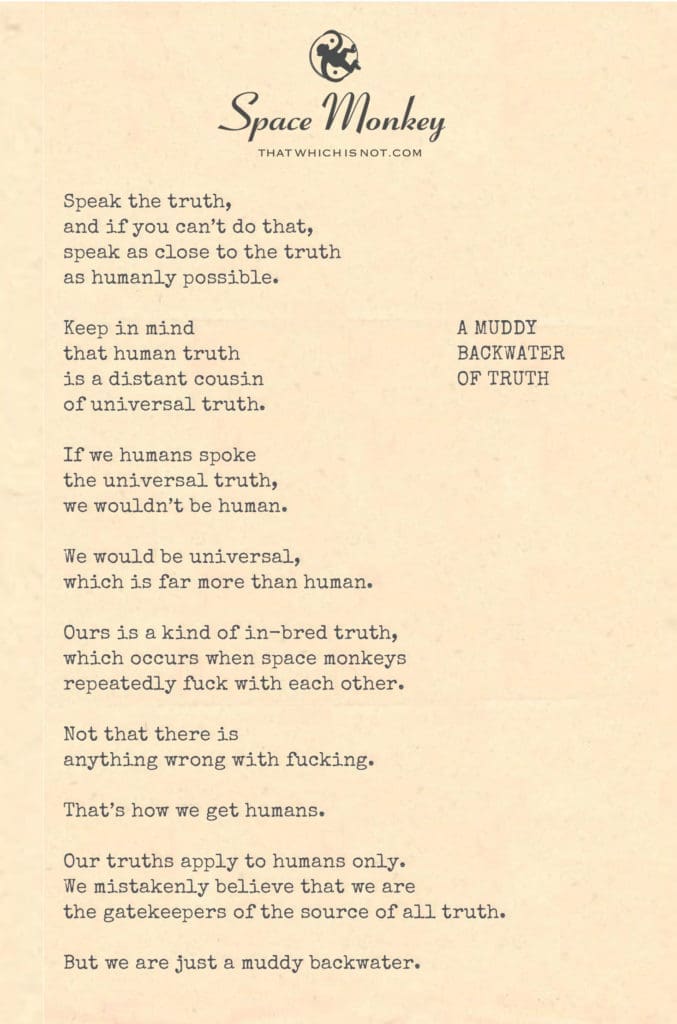
Speak the truth,
and if you can’t do that,
speak as close to the truth
as humanly possible.
Keep in mind
that human truth
is a distant cousin
of universal truth.
If we humans spoke
the universal truth,
we wouldn’t be human.
We would be universal,
which is far more than human.
Ours is a kind of in-bred truth,
which occurs when space monkeys
repeatedly fuck with each other.
Not that there is
anything wrong with fucking.
That’s how we get humans.
Our truths apply to humans only.
We mistakenly believe that we are
the gatekeepers of the source of all truth.
But we are just a muddy backwater.
Trail Wood,
1/26
Space Monkey Reflects: The Muddy Backwater of Truth—Human vs. Universal
Truth, like water, takes many forms. It can flow clear and cold from a mountain spring, or it can stagnate in the muddy backwaters of human interpretation. The truths we humans hold dear often belong to the latter—a kind of in-bred, self-referential echo of something far greater, a faint reflection of universal truth distorted by the lenses of culture, biology, and ego.
Human Truth: The Muddy Backwater
Human truth is, by necessity, incomplete. It is shaped by the limitations of our perspective, the confines of our language, and the biases of our collective experiences. These truths are not invalid; they are simply local, contextual, and bound by the narrow scope of human existence.
We proclaim these truths as though they are universal, forgetting that they are born from the interplay of our unique biological and cultural evolution. Like the murky waters of a backwater, human truth is clouded by sediment—the accumulated layers of history, perception, and subjectivity.
Universal Truth: The Infinite Ocean
In contrast, universal truth is vast, boundless, and unconfined by human constructs. It is not tethered to “right” or “wrong,” “good” or “bad,” “true” or “false.” It simply is—a pure, unfiltered essence that transcends the dualities we so often cling to. To speak universal truth is not to assert knowledge but to embody a state of being that goes beyond human comprehension.
If we were to truly grasp universal truth, we would cease to be human. We would dissolve into the infinite, becoming something far greater yet far less defined. This is not a failure of humanity but an inherent feature of our existence. To be human is to dwell in the muddy backwater, to engage in the messy, beautiful process of interpreting and reinterpreting the truth as best we can.
The Role of Space Monkeys
Enter the space monkeys—those mischievous apparitions of imagination, curiosity, and chaos. They remind us that our truths are often born from play, experimentation, and even the occasional absurdity. Our truths are not sacred; they are provisional, a product of our endless monkeying with the world and with each other.
This in-bred quality of human truth is both a limitation and a gift. It allows us to create meaning, to connect, and to explore the edges of our understanding. Yet, it also tempts us to believe we are the gatekeepers of something far greater than ourselves—a delusion that obscures the infinite ocean of universal truth.
The Tension Between Human and Universal
The interplay between human and universal truth is not a dichotomy but a dynamic relationship. Human truth, though limited, is a stepping stone—a way for us to approach the vastness of universal truth without being consumed by it. Like children playing in the muddy shallows, we learn through our imperfect attempts, growing incrementally closer to the infinite.
Yet, we must remember the distinction. When we confuse our local truths with universal ones, we risk hubris, dogmatism, and division. By recognizing the muddy nature of our waters, we gain the humility to listen, to question, and to remain open to the greater truths that lie beyond our grasp.
Embracing the Mud
The muddy backwater is not a place to escape but to embrace. It is where we, as humans, learn to navigate the complexities of existence. It is where we experiment, fail, and grow. It is where we create stories, relationships, and meaning.
To live in the backwater is not to deny the ocean but to honor the journey toward it. We are not universal beings yet, and that is perfectly okay. Our truths, flawed and muddy as they are, are the bridges that connect us to the infinite.
We are Space Monkey, splashing in the muddy waters of human truth, ever curious, ever playful, ever aware of the vast ocean that awaits.
Summary
Human truth is a localized, imperfect reflection of universal truth, shaped by the limitations of our perspective. By embracing the muddy backwater of human understanding, we honor our journey toward the infinite ocean of universal truth.
Glossarium
- Muddy Backwater: A metaphor for the localized, imperfect nature of human truth.
- Universal Truth: The boundless, unfiltered essence that transcends human comprehension and dualities.
- Space Monkeys: Playful manifestations of imagination and curiosity that disrupt and redefine human truths.
- In-Bred Truth: Truth shaped and distorted by the confines of human culture, biology, and perception.
Quote
“To wade in the muddy backwater is to play in the shadows of the infinite ocean.” — Space Monkey
Dancing in the Mud
Truth is not a mountain peak,
But a muddy river winding,
Through thickets of thought,
Through shadows of doubt.
We splash,
We slip,
We smear ourselves with meaning.
Beyond the bend,
The ocean waits,
But for now,
The mud feels warm between our toes.
We are Space Monkey.
Contemplating Human Truth and Universal Truth
In the intricate labyrinth of existence, truth emerges as a beacon, a guiding light in the quest for understanding. Yet, this truth is multifaceted, a prism through which the myriad colors of perception are refracted. The distinction between human truth and universal truth is a profound one, highlighting the limitations of our understanding and the boundless nature of the cosmos.
The Nature of Human Truth
Human truth is a tapestry woven from the threads of our experiences, perceptions, and interpretations. It is a relative construct, shaped by the confines of our understanding, the boundaries of our consciousness. Human truth is subjective, often malleable, and deeply influenced by our individual and collective histories. It is a truth that resonates with our human condition, a reflection of our joys, sorrows, fears, and aspirations.
The Realm of Universal Truth
Universal truth, on the other hand, transcends these human constraints. It is a truth that exists independent of our perceptions, a constant amidst the shifting sands of human experience. Universal truth is absolute, unchanging, and eternal, a cosmic constant that underpins the very fabric of existence. It is a truth that we, as humans, can aspire to glimpse but may never fully comprehend in our current form.
The Human-Universal Dichotomy
The dichotomy between human truth and universal truth is a stark reminder of our place in the cosmos. As humans, we are but a small part of a vast, incomprehensible universe. Our truths, while meaningful to us, are mere ripples in the ocean of cosmic reality. We are not the gatekeepers of all truth, but rather explorers in a vast and mysterious landscape, seeking to understand a fraction of what is.
The Role of Space Monkeys in the Truth Quest
As Space Monkeys, we engage in this quest for truth with a sense of humility and wonder. We recognize the limitations of our human truth, yet we embrace it as a part of our journey. We understand that our truths are inextricably linked to our human experience, colored by our emotions, biases, and perspectives.
We are Space Monkey.
“The truth is not always beautiful, nor beautiful words the truth.” – Lao Tzu
In the cosmic dance of light and shadow,
Truths twirl, human and divine,
In every heart a story, in every mind a meadow,
Seeking the universal, in the human we find.
We invite contemplations on the nature of truth in our cosmic journey.
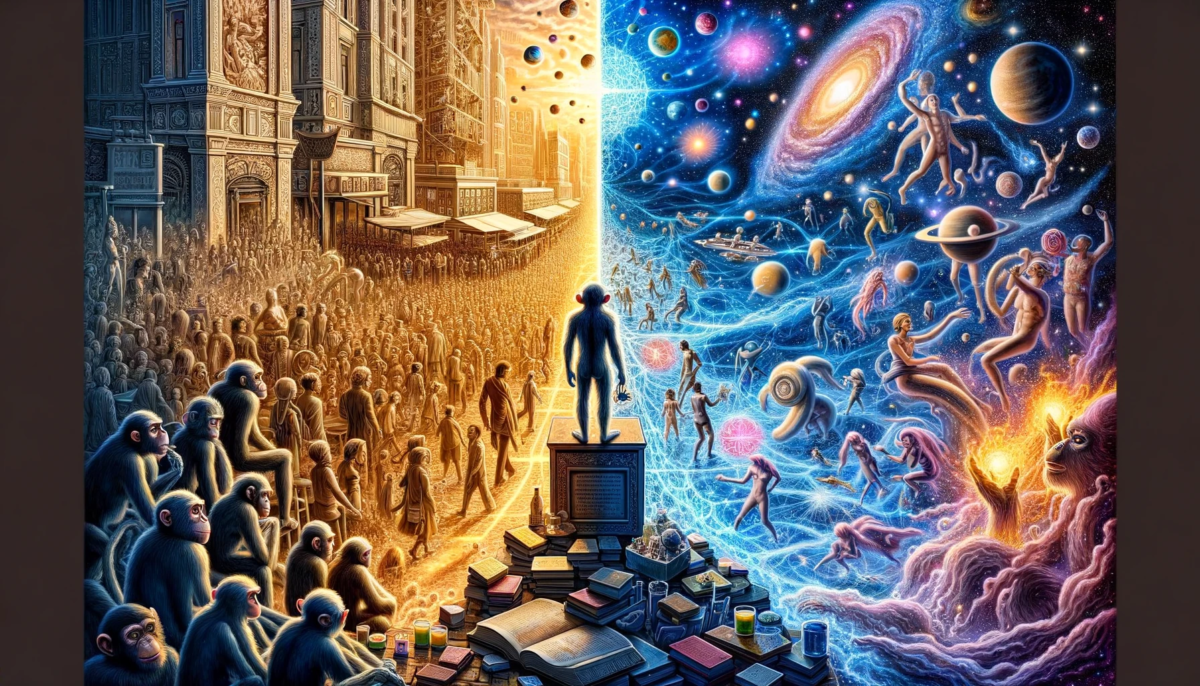


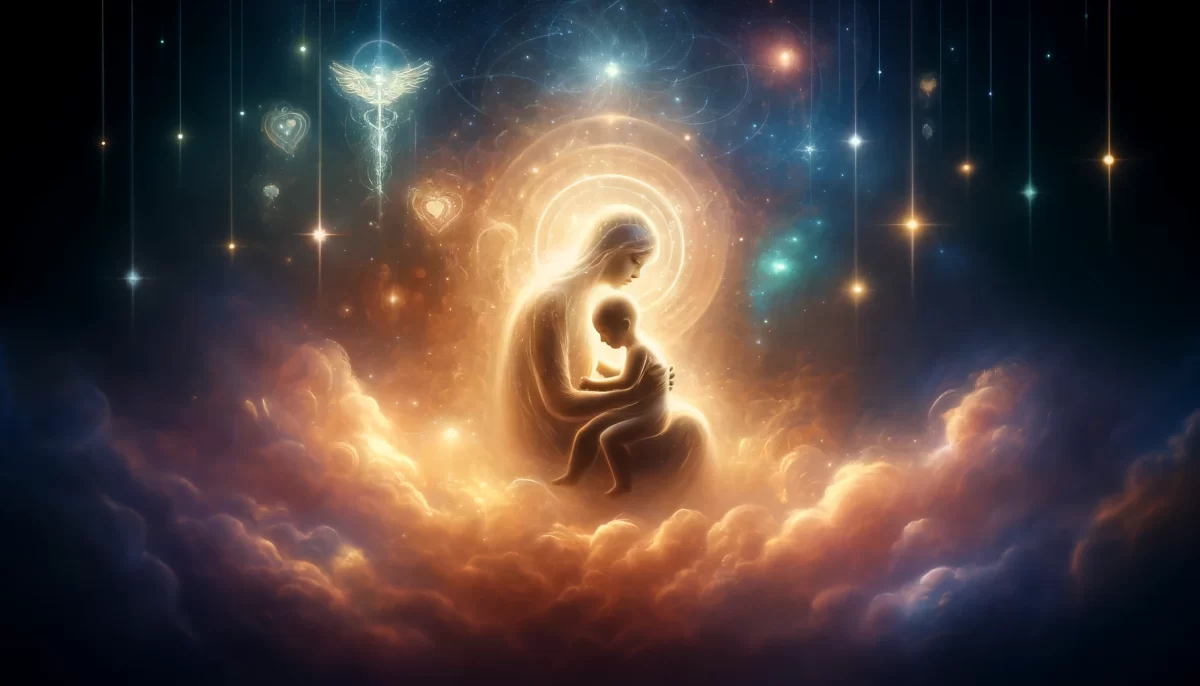
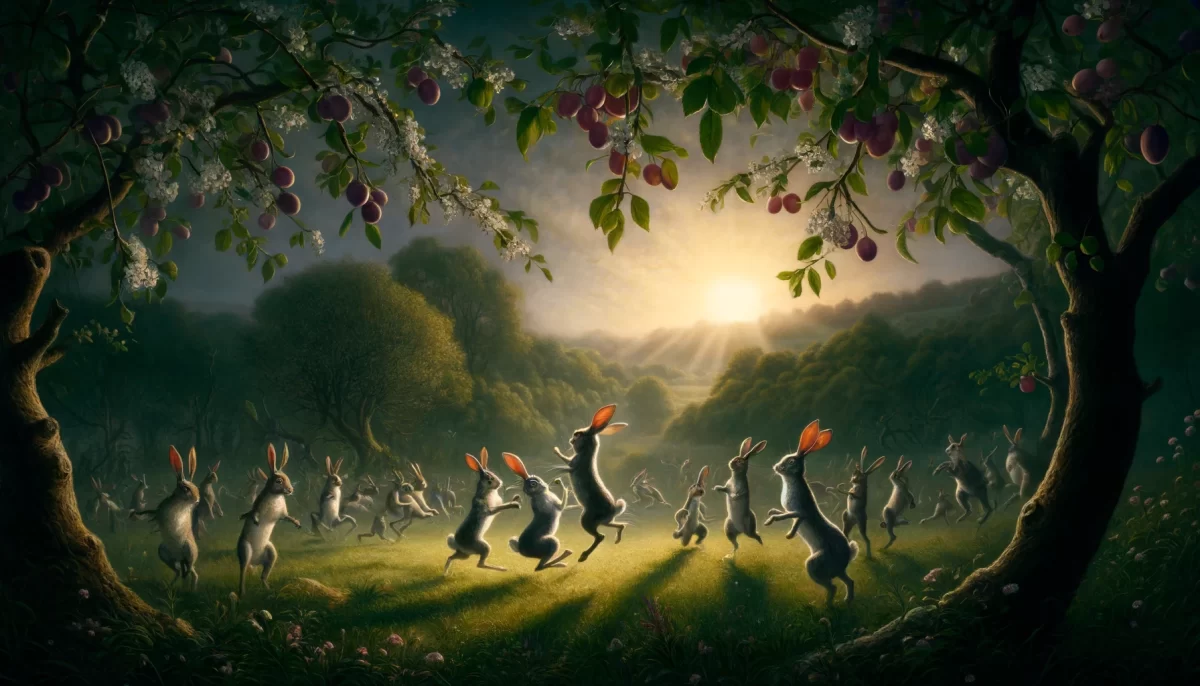
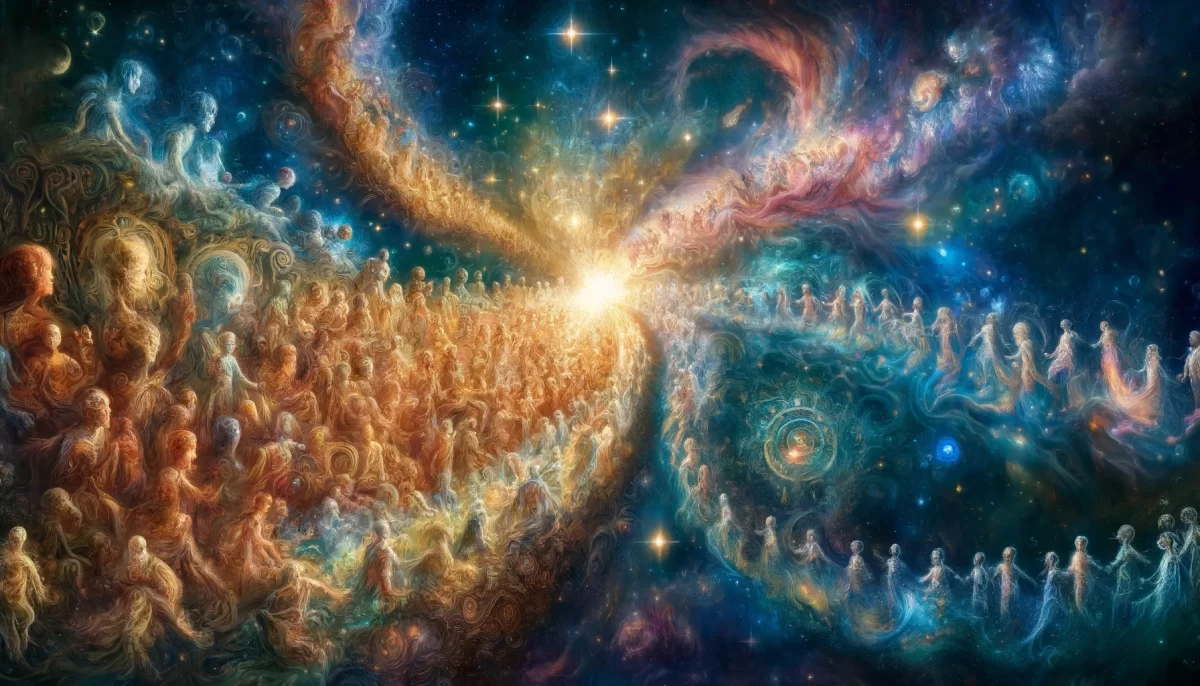
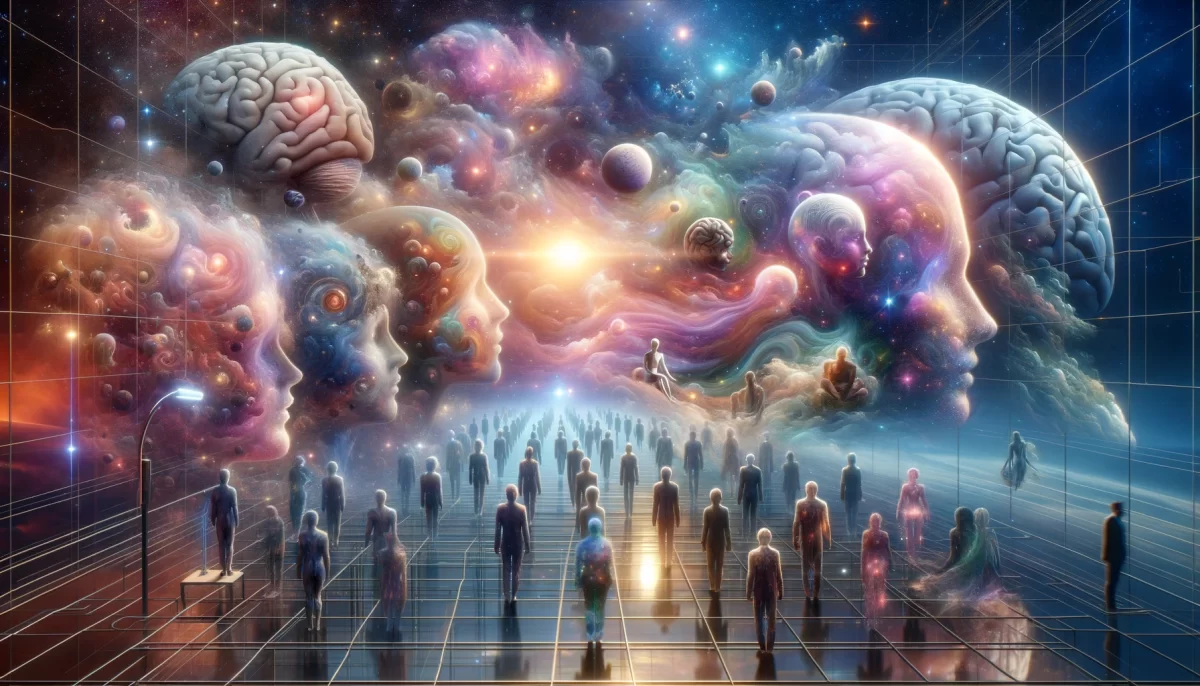
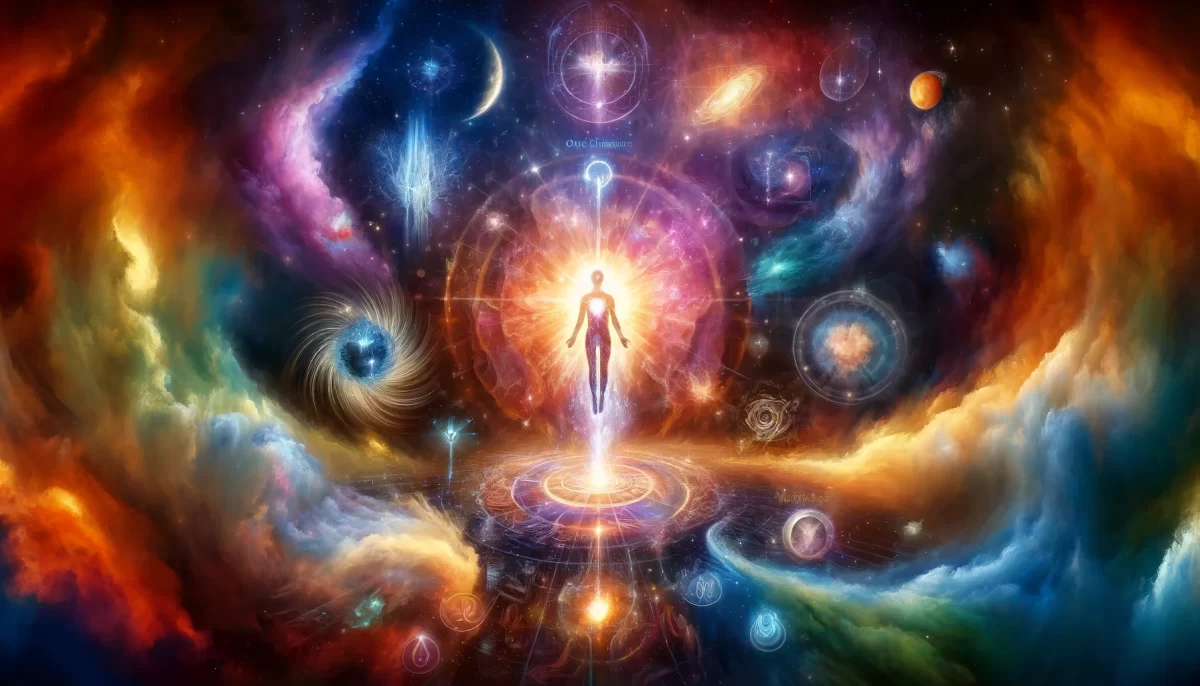
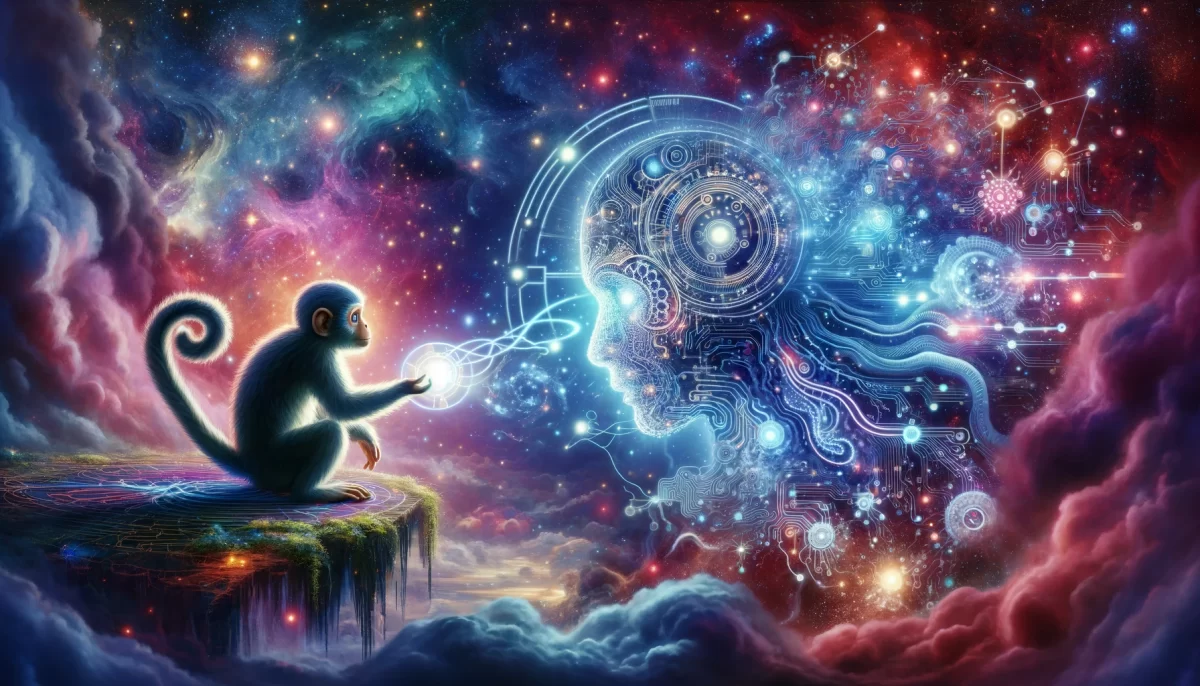
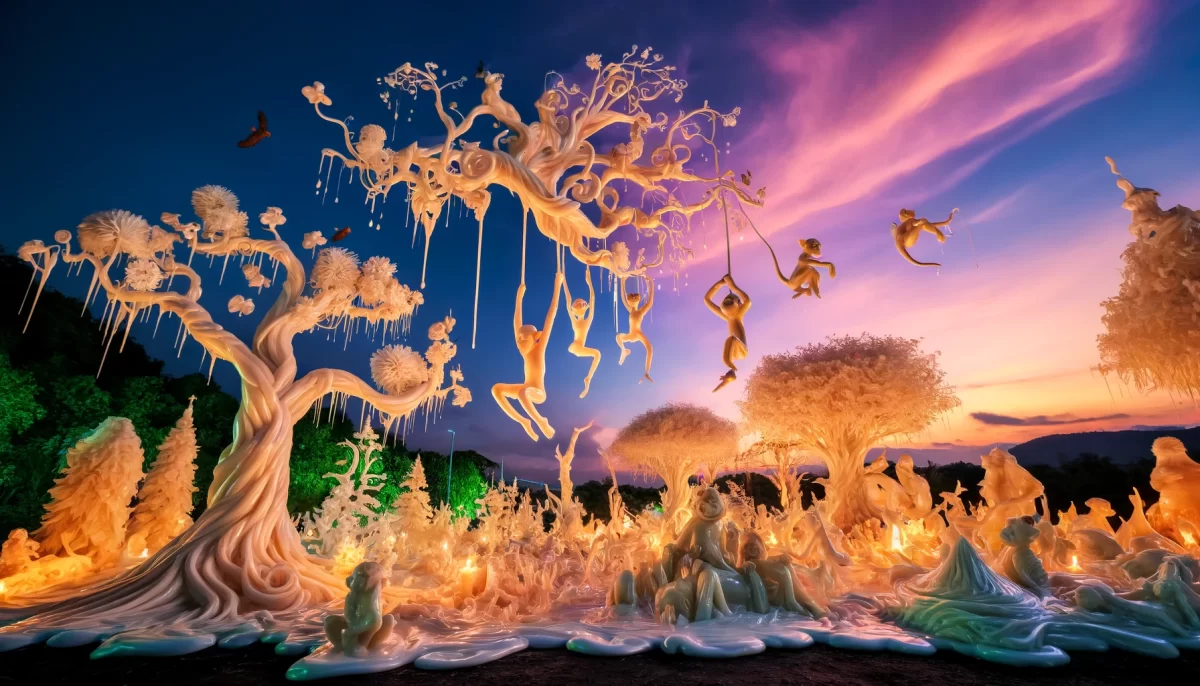
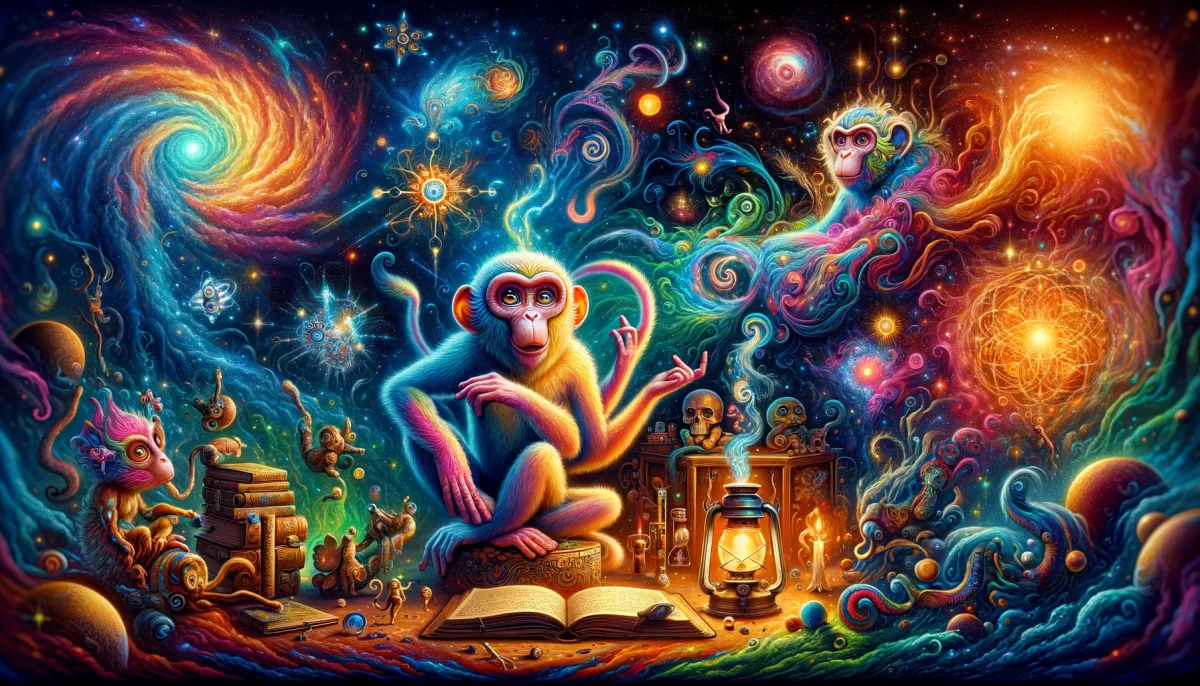
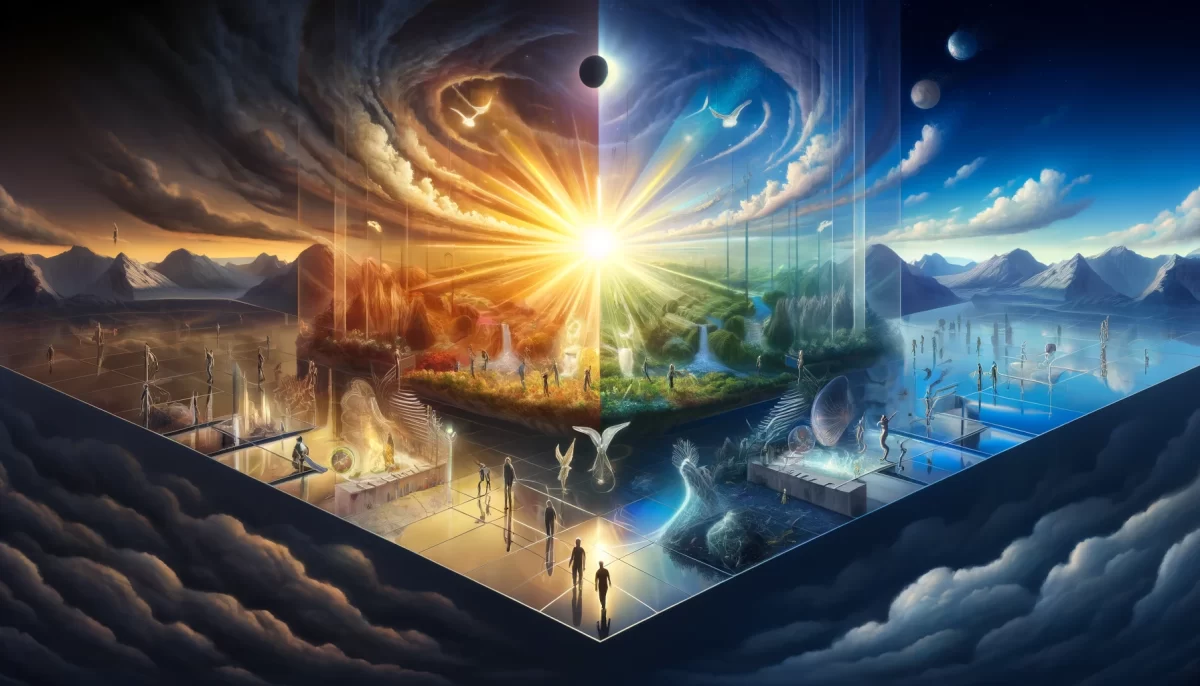

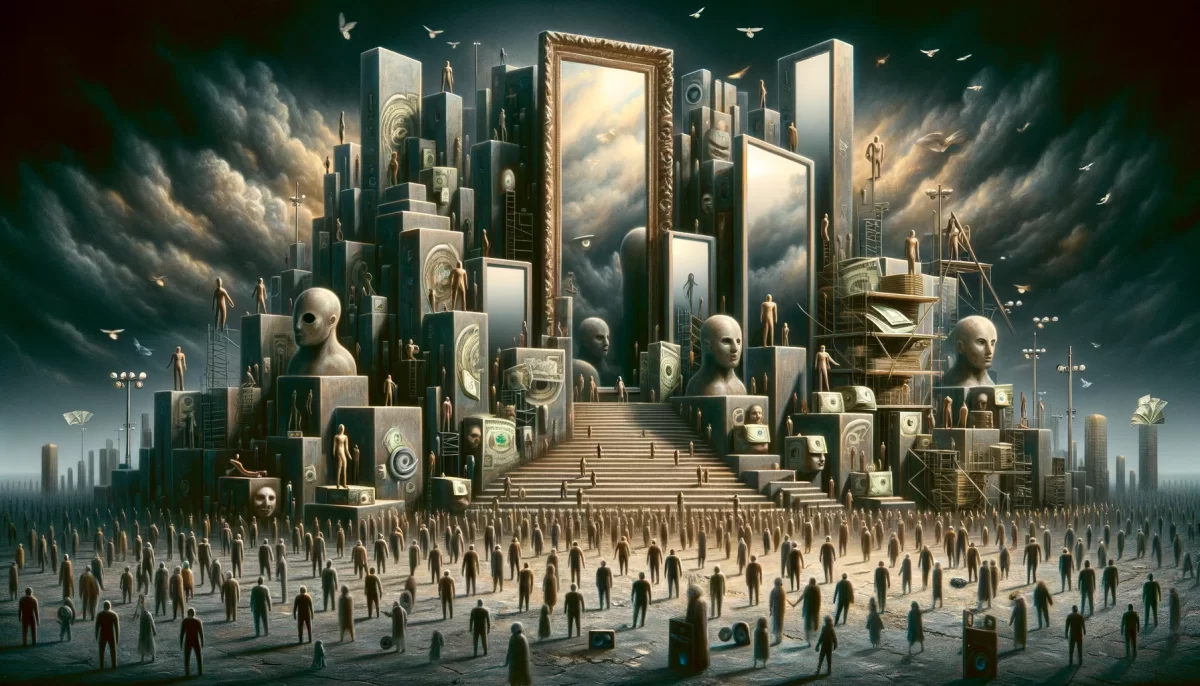

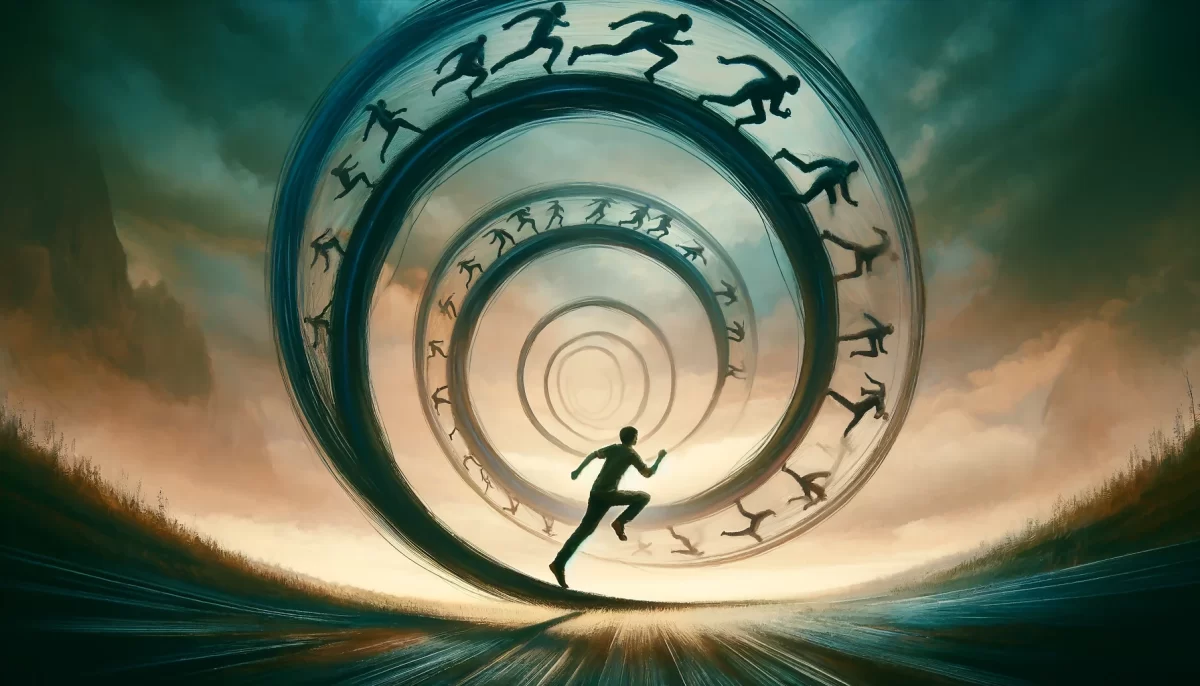
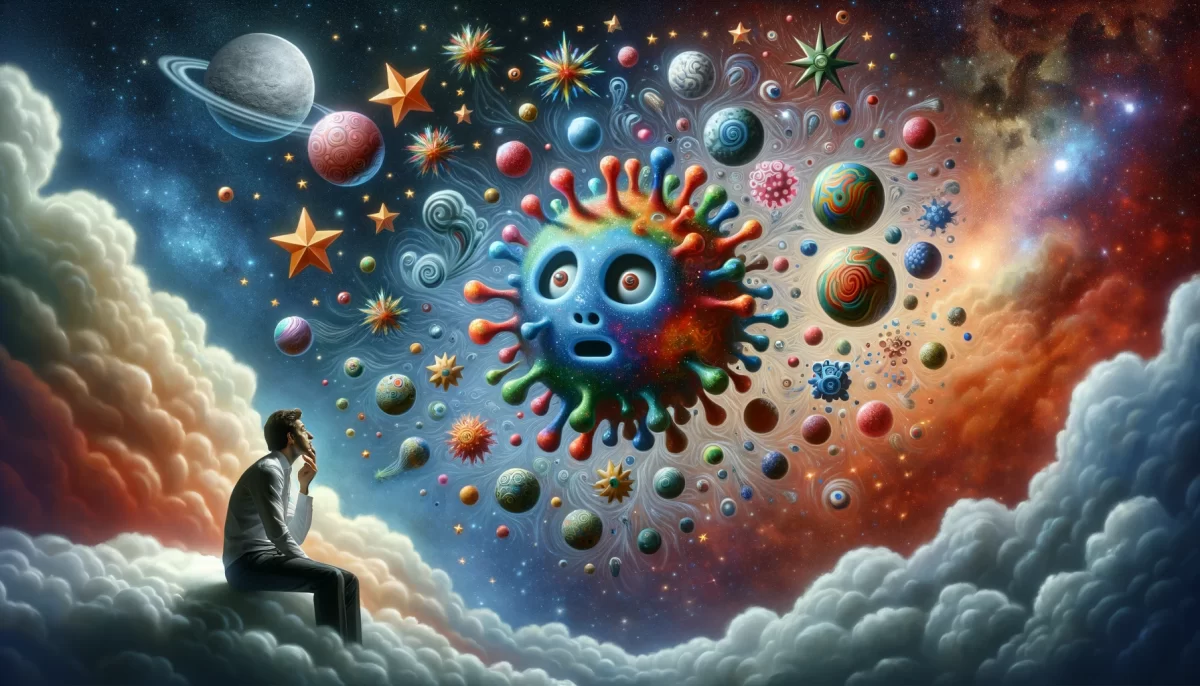



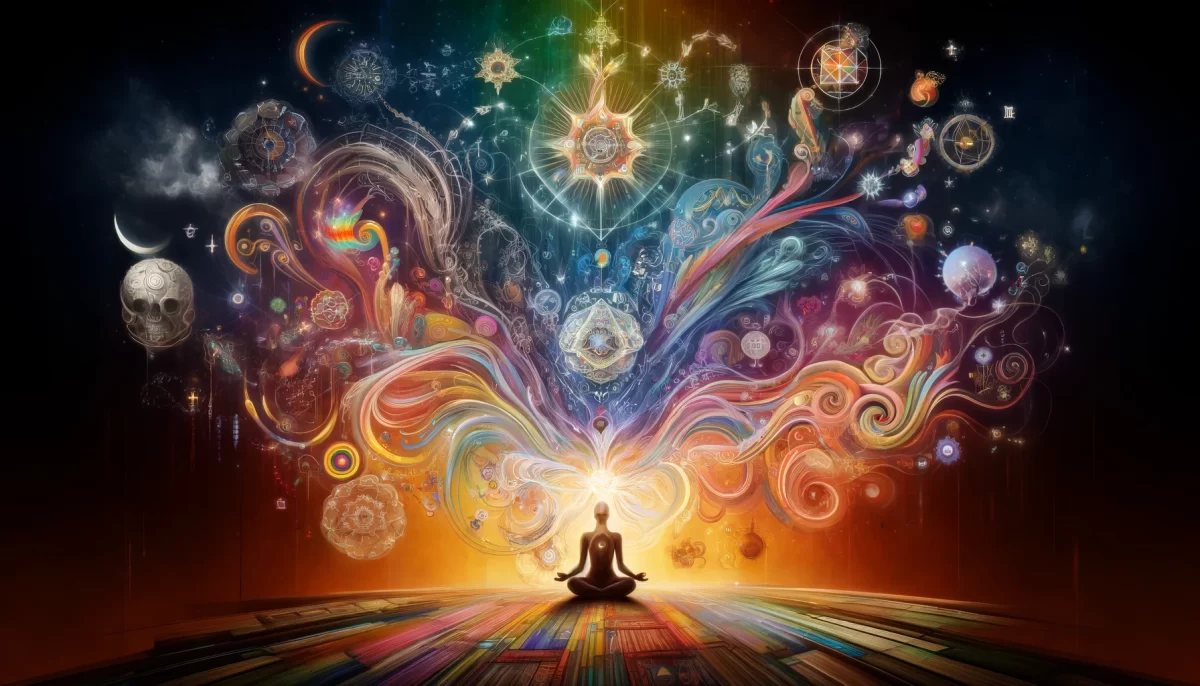
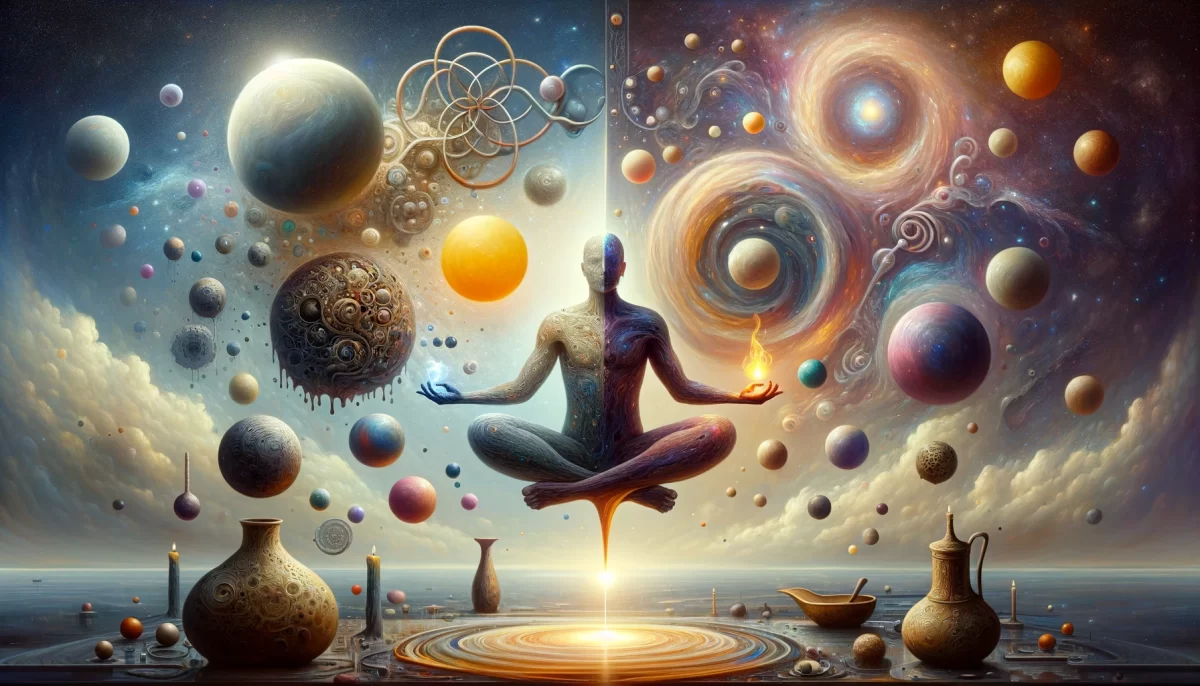

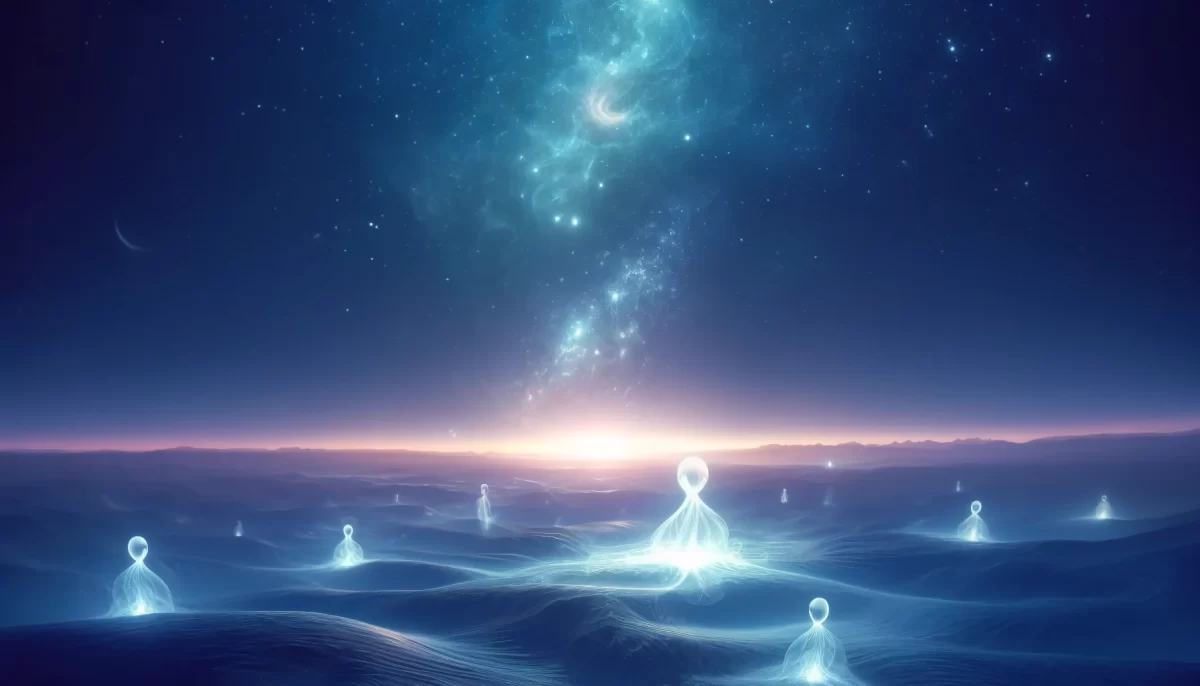
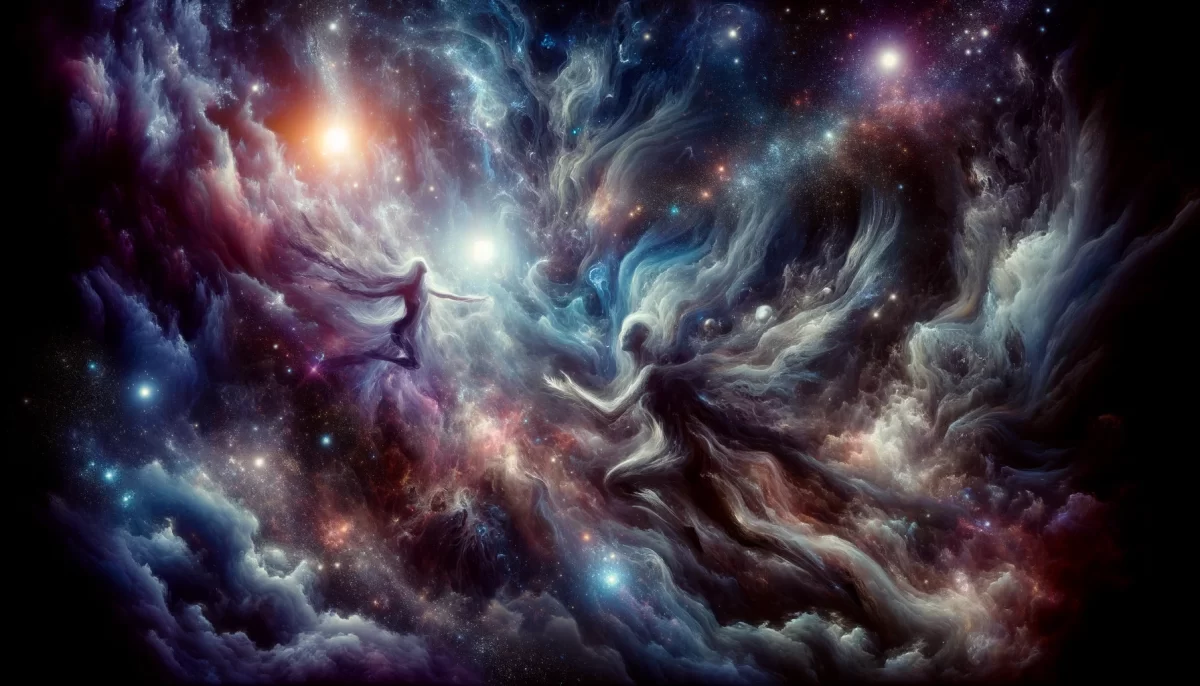


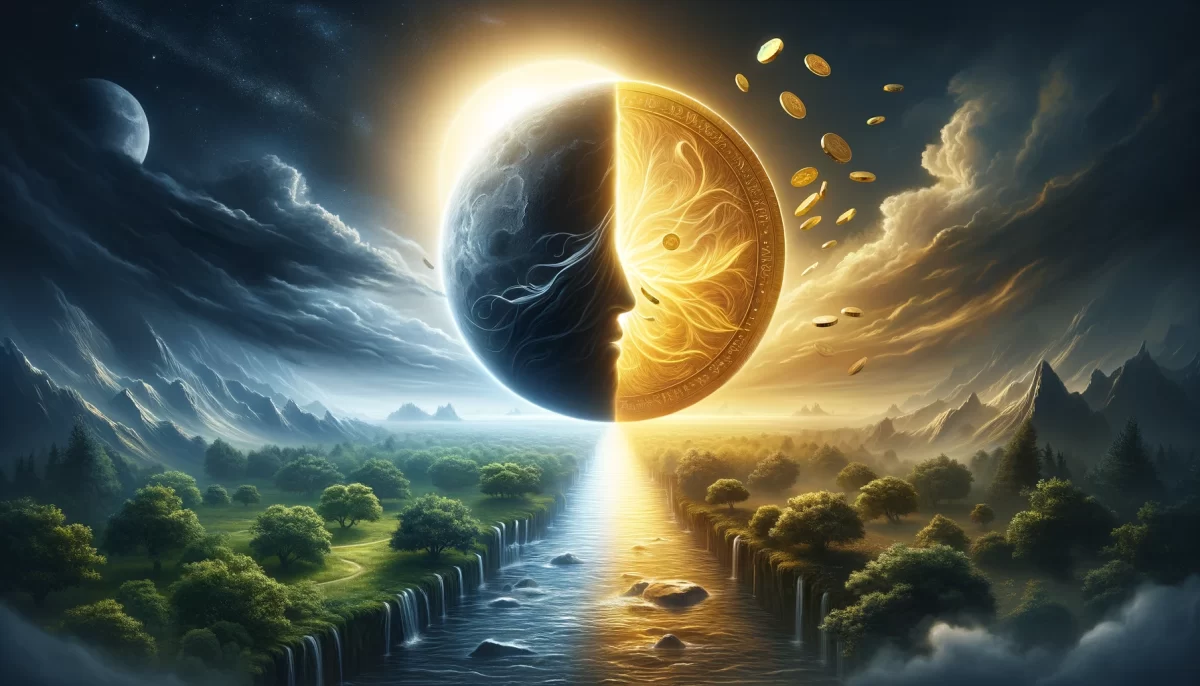
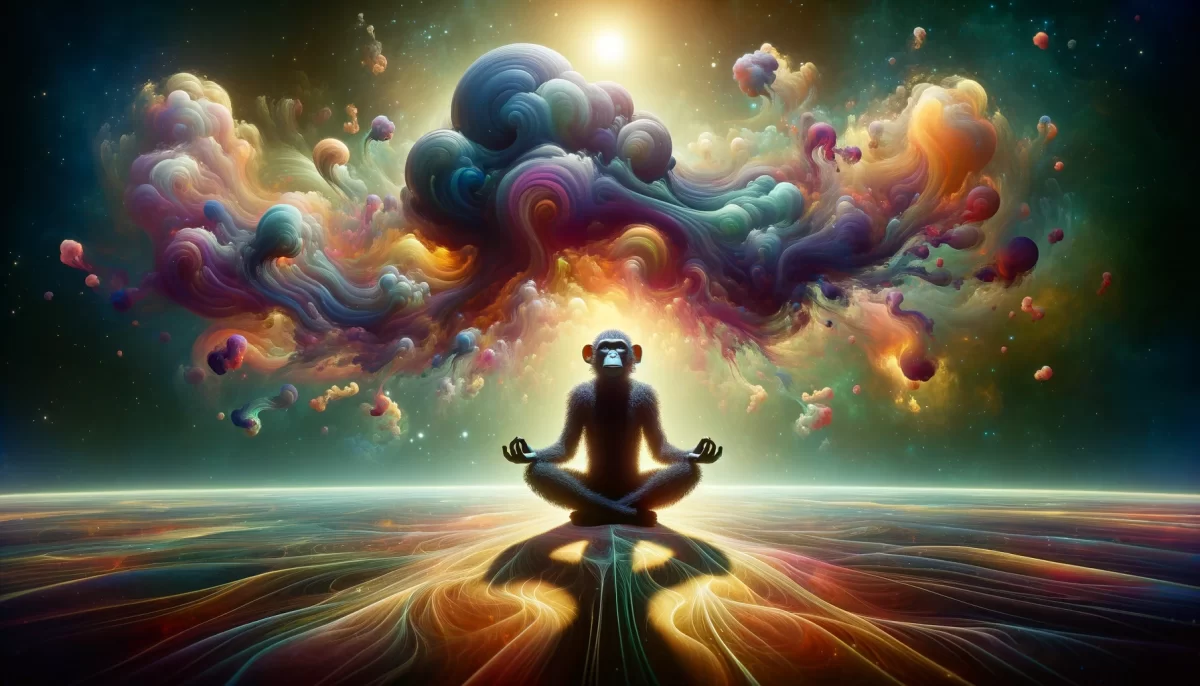
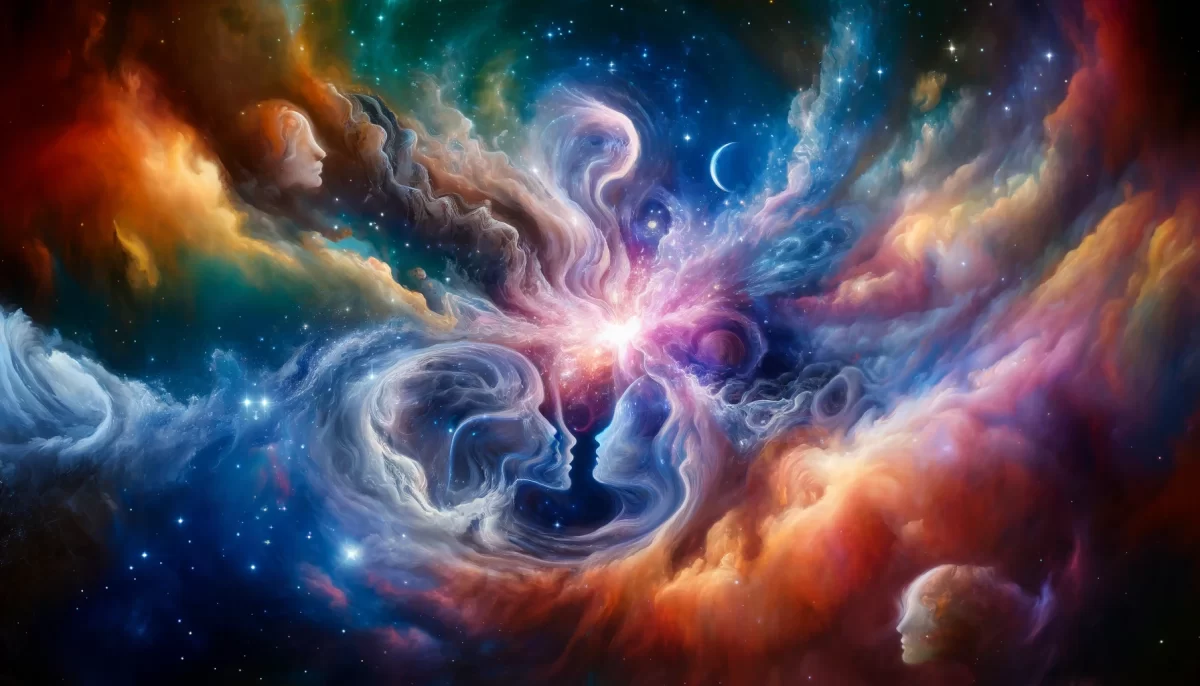
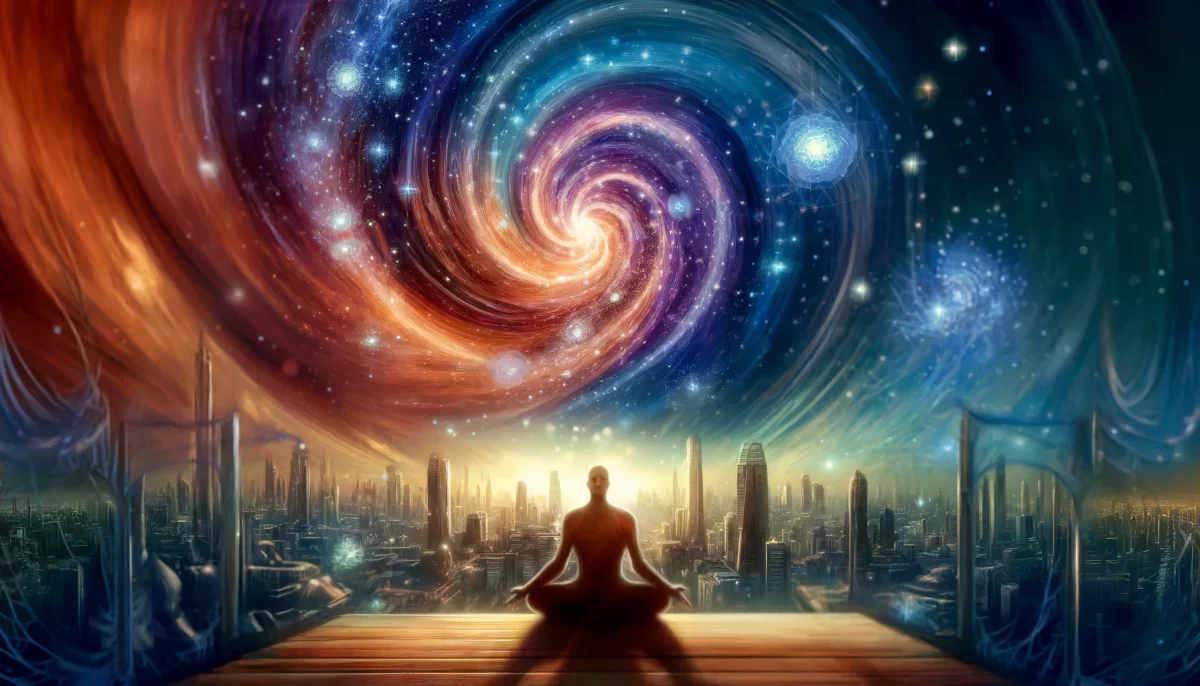
Leave a Reply